Betting on politics: who will get the most seats in the general election?
Matthew Partridge casts his eyes over the odds on which party will get most seats in December's general election.

Get the latest financial news, insights and expert analysis from our award-winning MoneyWeek team, to help you understand what really matters when it comes to your finances.
You are now subscribed
Your newsletter sign-up was successful
Want to add more newsletters?

The passage of legislation ensuring an election on 12 December means that my advice to bet on an election happening in either October or November proved unfounded. However, my earlier tip, made back in August 2017, that there would be a general election in 2019, 2020 or 2021, has paid out. The news looks good for the bookies and betting exchanges too £1.27m has been matched on Betfair alone on which party will get most seats.
Given the Conservatives' lead in the polls, it's no surprise that they are the firm favourites to get most seats, with Betfair putting their odds at 1.18 (84.7%). Ladbrokes is also offering 1/6 (85.7%) on them being the largest party. In contrast, Labour's odds are 8.4 (11.9%). Punters on Betfair still think that there is a near even chance of another hung parliament at 2.06 (48.5%), with Ladbrokes offering slightly better odds of 11/10 (47.6%) on there being no overall majority.
Although I won't be making any tip on the above bets yet, I'm much more certain that Nigel Farage (pictured) won't be celebrating on 13 December, as Boris Johnson's entry into Downing Street has pushed support for his Brexit Party back down to just over 10%. Indeed, I'd be very surprised if it did better than Ukip's share in 2015. With Farage admitting that his party won't contest every seat, it's a good idea to take the 1.24 (80.6%) on Smarkets that Farage will not become an MP, as well as the 2.14 (46.8%) on Betfair on them getting fewer than 0.5 seats.
Try 6 free issues of MoneyWeek today
Get unparalleled financial insight, analysis and expert opinion you can profit from.

Sign up to Money Morning
Don't miss the latest investment and personal finances news, market analysis, plus money-saving tips with our free twice-daily newsletter
Don't miss the latest investment and personal finances news, market analysis, plus money-saving tips with our free twice-daily newsletter
Get the latest financial news, insights and expert analysis from our award-winning MoneyWeek team, to help you understand what really matters when it comes to your finances.

-
 Could you get cheaper loans under ‘significant’ FCA credit proposals?
Could you get cheaper loans under ‘significant’ FCA credit proposals?The Financial Conduct Authority has launched a consultation which could lead to better access to credit for consumers and increase competition across the market, according to experts.
-
 8 of the best properties for sale with minstrels’ galleries
8 of the best properties for sale with minstrels’ galleriesThe best properties for sale with minstrels’ galleries – from a 15th-century house in Kent, to a four-storey house in Hampstead, comprising part of a converted, Grade II-listed former library
-
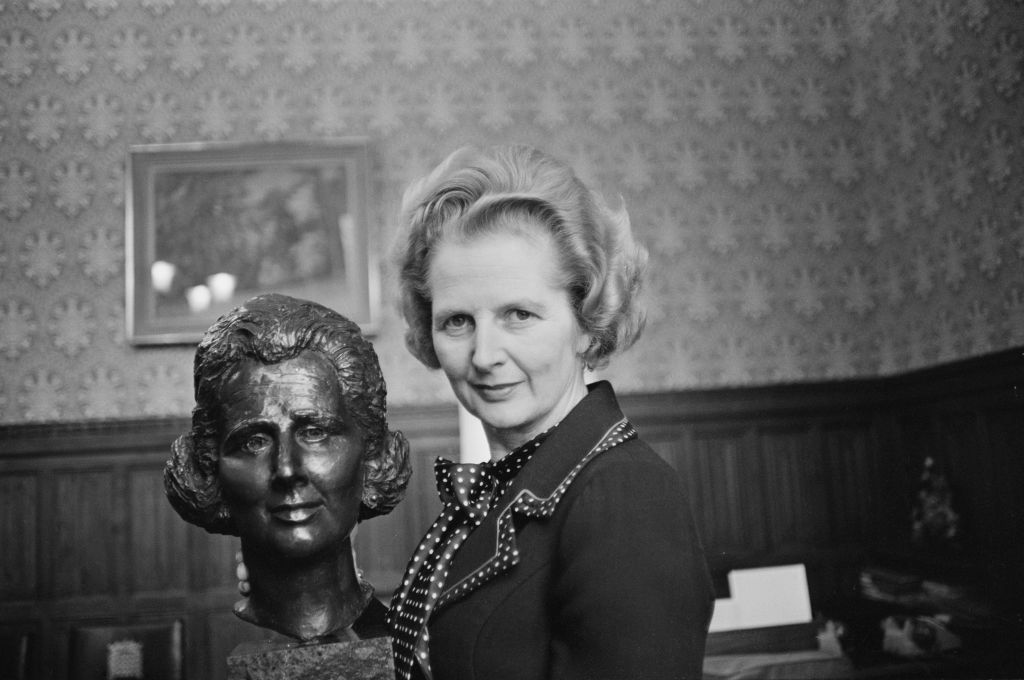 Was Margaret Thatcher great for Britain?
Was Margaret Thatcher great for Britain?The 'Iron Lady’ would be celebrating her 100th birthday this month. Margaret Thatcher rose to power in 1979 as the first ever female prime minister and was one of the most controversial leaders in history, but how did her policies shape today’s finances?
-
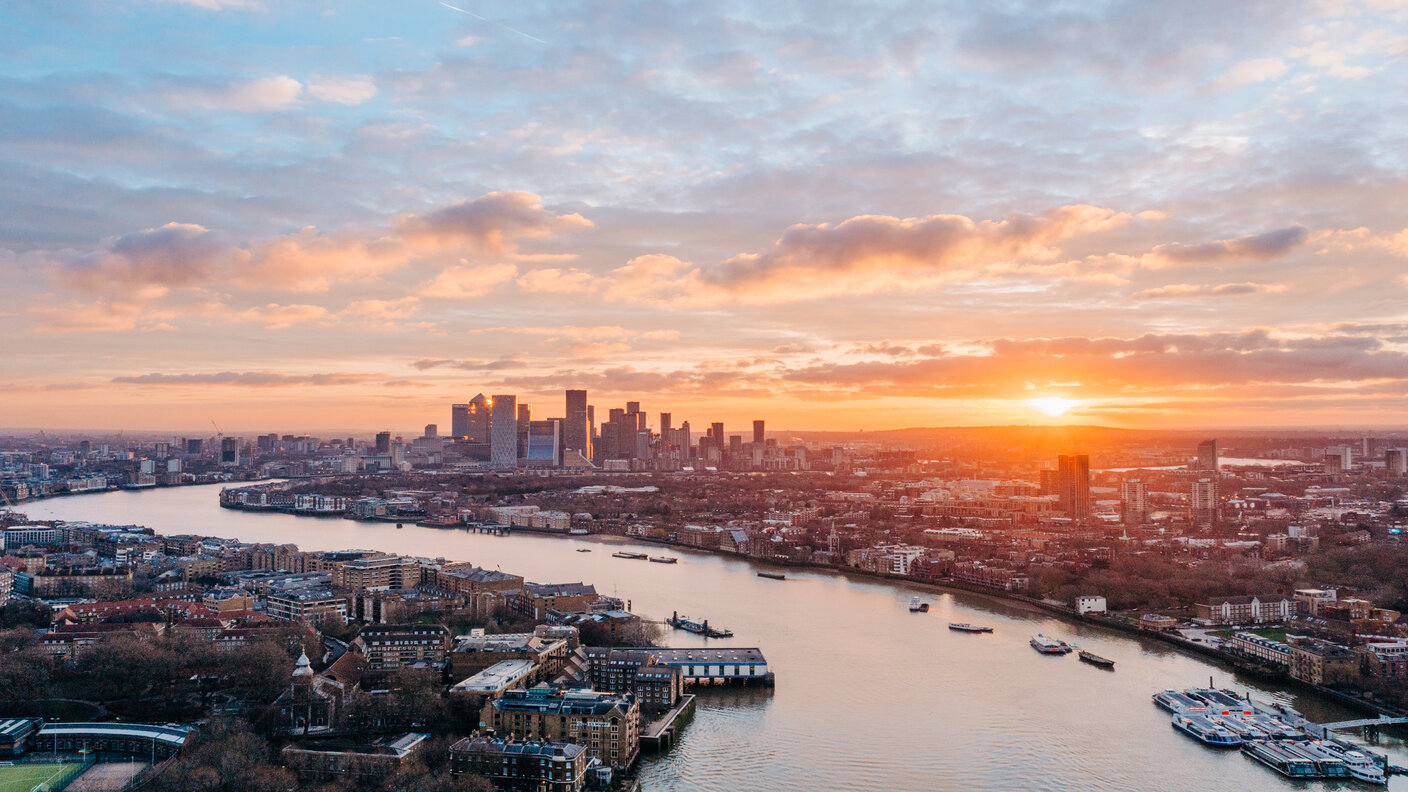 It’s been 16 years, but the UK economy finally has a chance
It’s been 16 years, but the UK economy finally has a chanceOpinion The UK economy has been dealing with one crisis after another since 2007. Policymakers now have a chance to fix some of the underlying problems holding back growth.
-
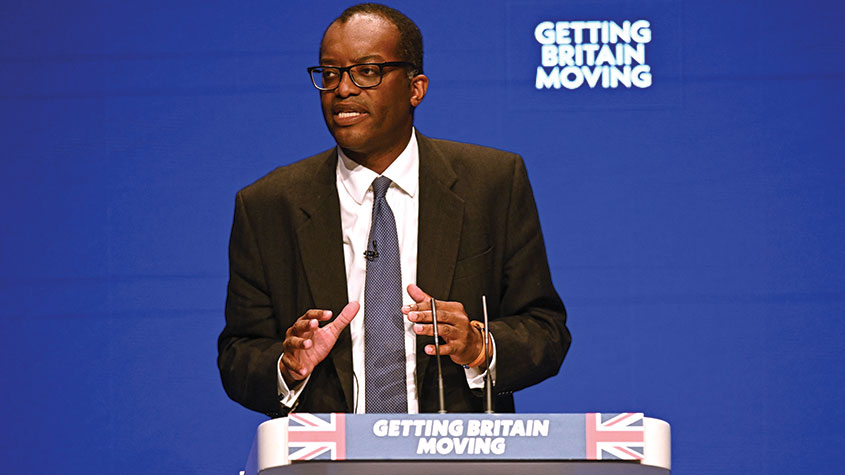 The “plan for growth”: what Truss and Kwarteng got right
The “plan for growth”: what Truss and Kwarteng got rightOpinion The Tories’ “plan for growth” has got off to a bad start, but their reforms can still transform Britain
-
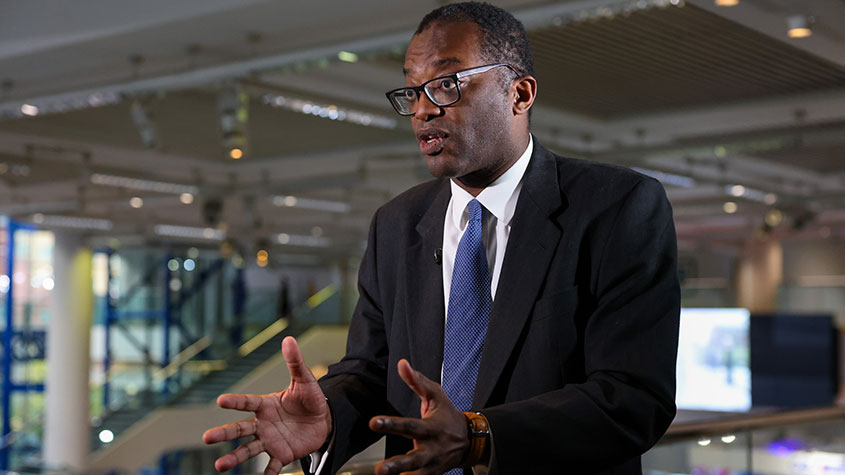 Kwasi Kwarteng U-turns on top tax rate decision
Kwasi Kwarteng U-turns on top tax rate decisionNews Kwasi Kwarteng has U-turned on his top tax rate reduction announced in his mini-Budget at the end of September.
-
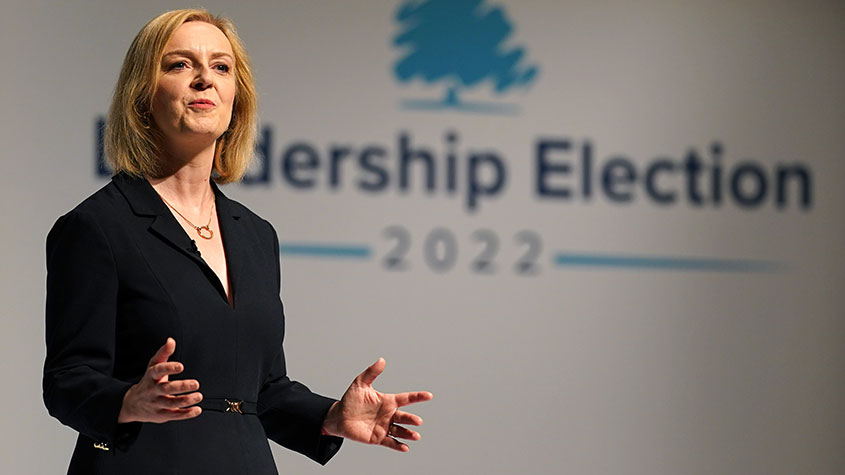 Investors should get ready for a political revolution
Investors should get ready for a political revolutionOpinion Liz Truss will beat Rishi Sunak, cut taxes, and then shake up the Bank of England, says Helen Thomas
-
 Who will be the next prime minister and what are the bookies’ odds?
Who will be the next prime minister and what are the bookies’ odds?News The Tory leadership contest is in its final phase. Matthew Partridge reports on the contest and looks at who the bookies’ favourite is.
-
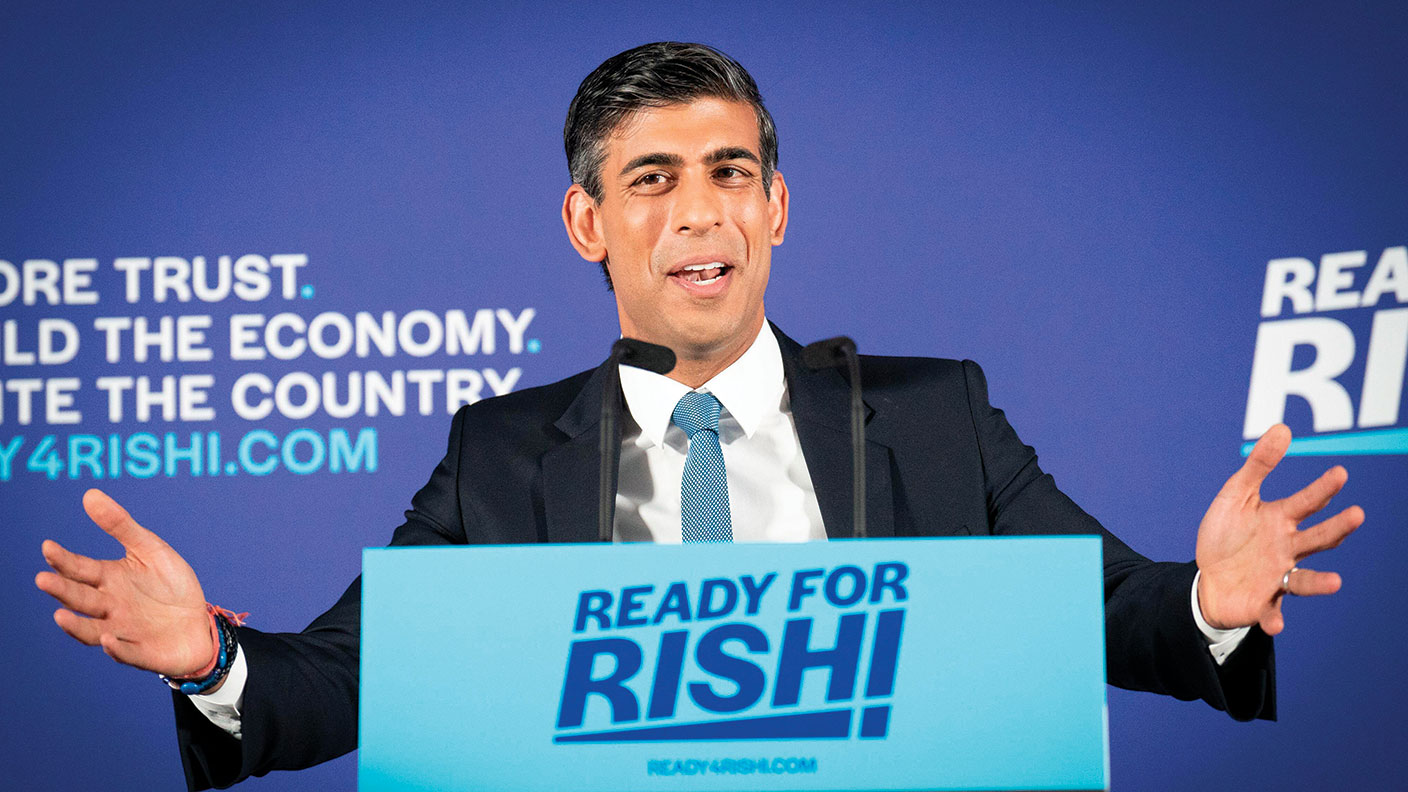 The public may have reached its limit for tax rises
The public may have reached its limit for tax risesEditor's letter The UK tax burden is now at a 70-year high. And, while there may be some reason to hold off on cuts right now, taxes are too high because the state tries to do too much. Perhaps it should do less, says Merryn Somerset Webb.
-
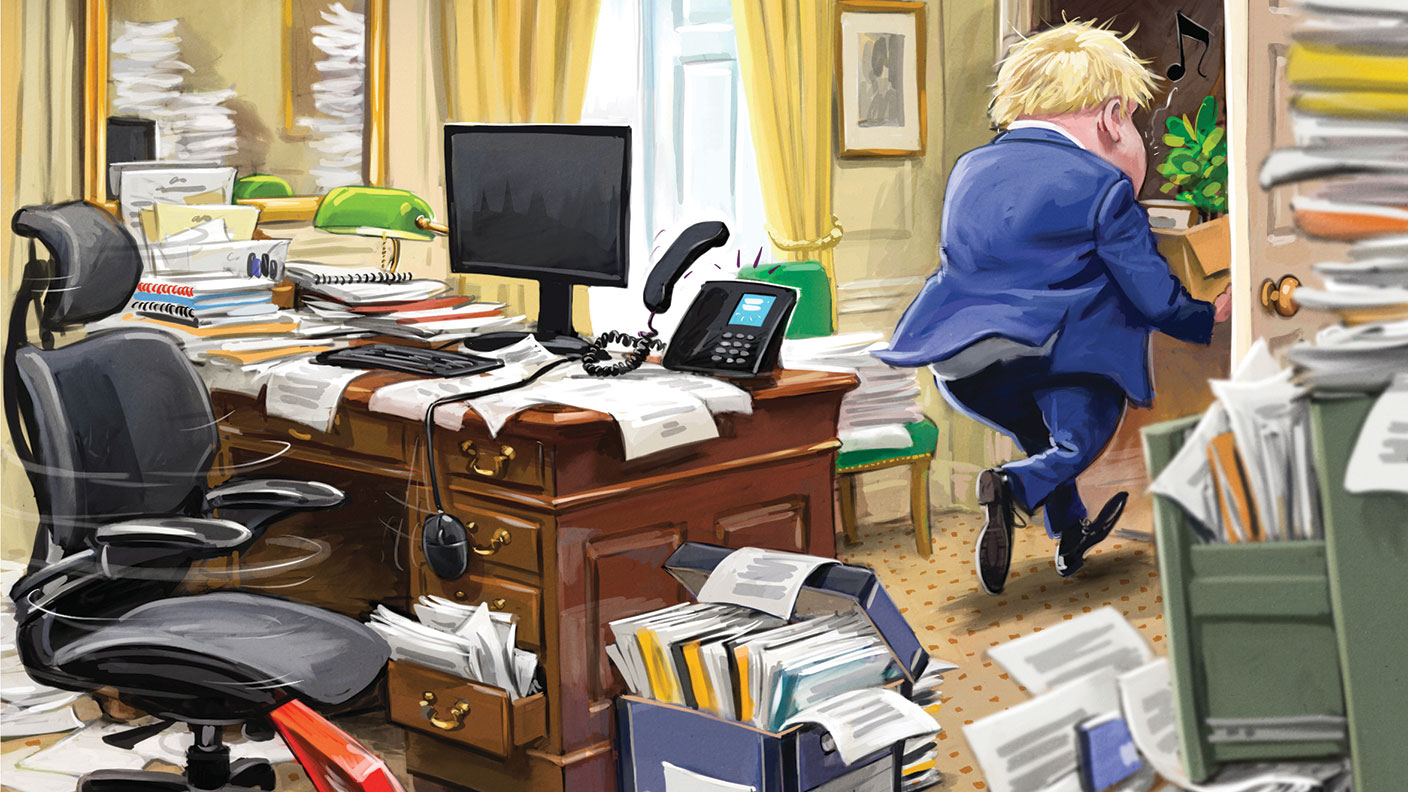 Boris Johnson's exit leaves Britain with a towering in-tray
Boris Johnson's exit leaves Britain with a towering in-trayBriefings Britain’s economic problems are rapidly piling up after the last few years of drift and chaos. What should we do first?